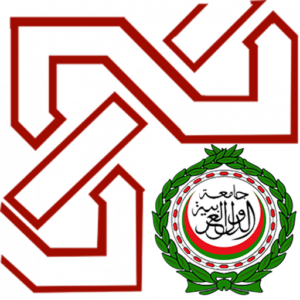Are you passionate about languages and communication? Do you have a knack for bridging cultural gaps? If so, pursuing a Master’s Degree in Translation, Interpreting, and Translation Technologies might be the perfect fit for you.
Why Choose a Master’s Degree in Translation, Interpreting, and Translation Technologies?
A Master’s Degree in Translation, Interpreting, and Translation Technologies offers a comprehensive and specialized education that equips students with the necessary skills and knowledge to excel in the field of language services. This program goes beyond traditional translation and interpreting studies by incorporating cutting-edge technologies and tools that are shaping the industry.
By pursuing this degree, you will gain a deep understanding of translation theory, learn advanced techniques in interpreting, and explore the latest developments in translation technologies. This multidisciplinary approach prepares graduates to meet the evolving demands of the globalized world.
Program Structure and Curriculum
The program typically spans two years and consists of a combination of coursework, practical training, and research. The curriculum covers a wide range of topics, including:
- Translation theory and practice
- Interpreting techniques and strategies
- Localization and software localization
- Machine translation and post-editing
- Terminology management
- Computer-assisted translation tools
- Quality assurance in translation
- Audiovisual translation
- Project management in translation
Throughout the program, students have the opportunity to apply their knowledge through practical exercises, internships, and real-world translation and interpreting projects. This hands-on experience helps students develop the essential skills needed to succeed in the industry.
Career Opportunities
A Master’s Degree in Translation, Interpreting, and Translation Technologies opens up a wide range of career opportunities. Graduates can pursue various paths, such as:
- Translator: Work as a professional translator, translating written texts from one language to another.
- Interpreter: Provide oral translation services in conferences, meetings, or other settings.
- Localization Specialist: Adapt software, websites, and other digital content to different languages and cultures.
- Terminologist: Develop and manage terminology databases for organizations.
- Project Manager: Oversee translation projects, ensuring timely delivery and quality.
- Language Technology Specialist: Work with translation tools and technologies, developing and implementing solutions to improve efficiency.
Graduates of this program are highly sought after by language service providers, international organizations, government agencies, and multinational corporations. The demand for skilled translators, interpreters, and language professionals continues to grow as globalization expands.
Conclusion
A Master’s Degree in Translation, Interpreting, and Translation Technologies offers a unique blend of language expertise and technological skills, making it a valuable qualification in today’s globalized world. Whether you aspire to work as a translator, interpreter, or language technology specialist, this program will provide you with the necessary tools to succeed in a rewarding and dynamic career.
